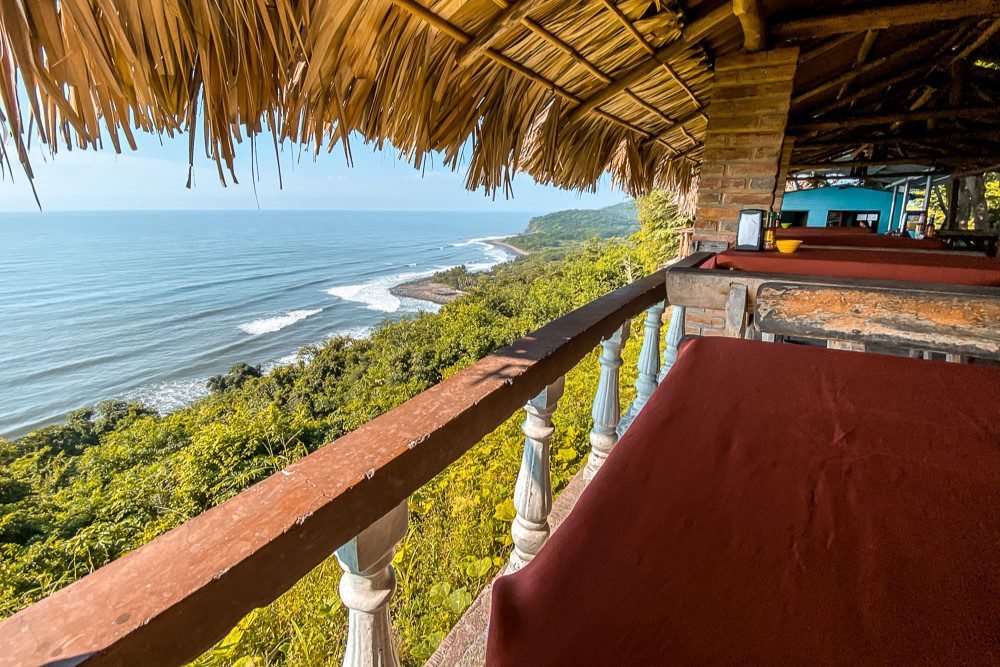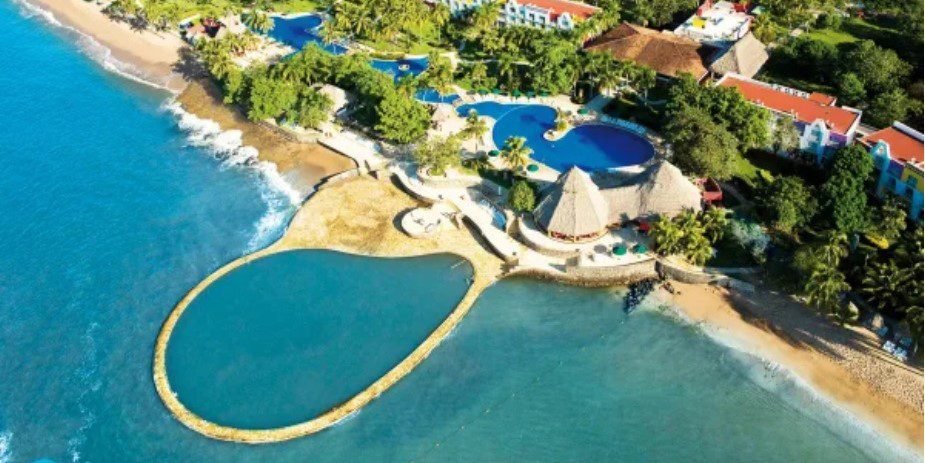
WEED LAWS IN Sonsonate, EL SALVADOR
Nestled in the scenic landscapes of El Salvador, Sonsonate beckons with its rich history and vibrant culture. Amidst the charm of this bustling city, understanding the local marijuana, cannabis or weed laws in Sonsonate, El Salvador is essential for residents and travelers alike. With stringent regulations governing possession, use, and distribution, being well-informed can ensure a smooth and enjoyable experience in Sonsonate.
OVERVIEW OF WEED LAWS IN Sonsonate
Sonsonate, like the rest of El Salvador, maintains strict laws regarding cannabis. Possession, cultivation, and distribution of marijuana are illegal for recreational and medicinal purposes. It’s crucial for individuals to acquaint themselves with these regulations to avoid legal repercussions.
POSSESSION AND CONSUMPTION GUIDELINES
Residents and visitors must be aware that possession of even small amounts of cannabis is illegal in Sonsonate. Law enforcement authorities uphold these laws, and individuals caught with marijuana may face fines, imprisonment, or other penalties. Public consumption is strictly prohibited, with severe consequences for violators.
MEDICAL WEED CONSIDERATIONS IN Sonsonate
Despite global acceptance of medical weed, Sonsonate has yet to legalize its medicinal use. Patients seeking alternative treatments should explore legal options, as possessing or using cannabis for medical reasons remains unlawful. While discussions on medical cannabis legalization persist, concrete steps have yet to be taken.

PUBLIC PERCEPTION AND POLICY DYNAMICS
Public opinion regarding cannabis in Sonsonate varies, with some advocating for legalization and others expressing concerns about potential societal impacts. Policymakers weigh these perspectives carefully, considering public sentiment alongside legal and social considerations in their decision-making processes.
ENFORCEMENT CHALLENGES AND PRIORITIES
Enforcing weed laws in Sonsonate presents challenges for law enforcement agencies, particularly in a city frequented by tourists. Limited resources and competing priorities may result in varying enforcement practices. Addressing underlying issues such as drug trafficking remains a top priority, influencing enforcement strategies.
ENGAGING IN ADVOCACY AND REFORM
Despite current regulations, advocacy groups in Sonsonate persist in their efforts to advocate for cannabis policy reform. They emphasize the potential benefits of legalization, including economic opportunities and reduced strain on the criminal justice system. Supporting these advocacy efforts can contribute to shaping future policies.
CONCLUSION
For residents or travelers in Sonsonate, grasping local cannabis regulations is essential, whether immersed in culture or exploring attractions. While discussions about legalization continue globally, current regulations in Sonsonate prohibit possession, use, and distribution of cannabis. By staying informed and respecting these weed laws, individuals can contribute to a safer and more harmonious community in Sonsonate, El Salvador.
